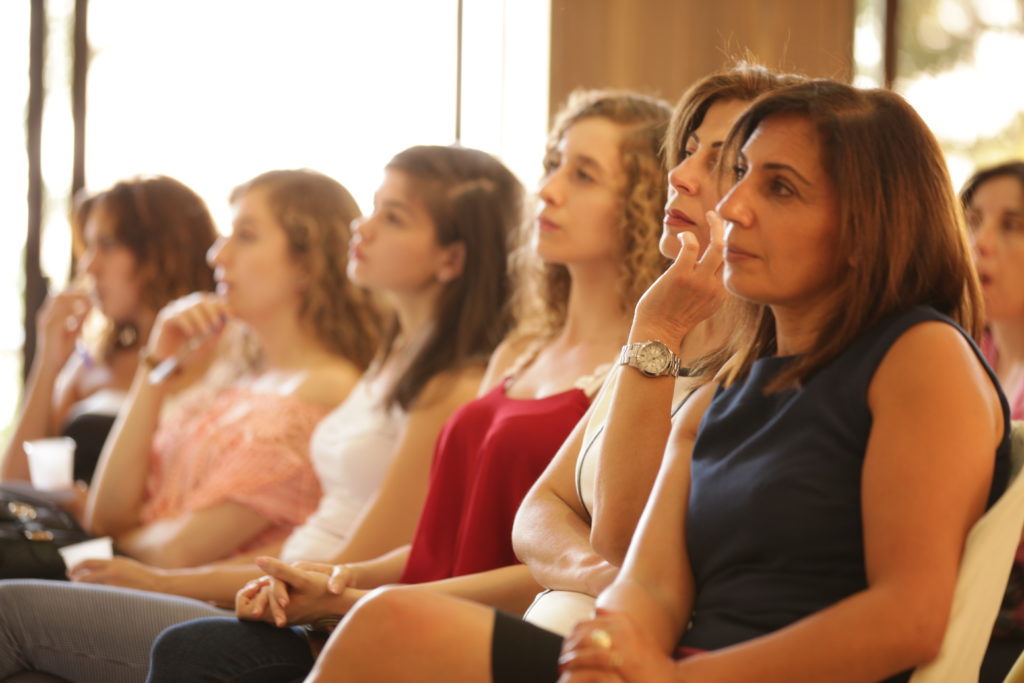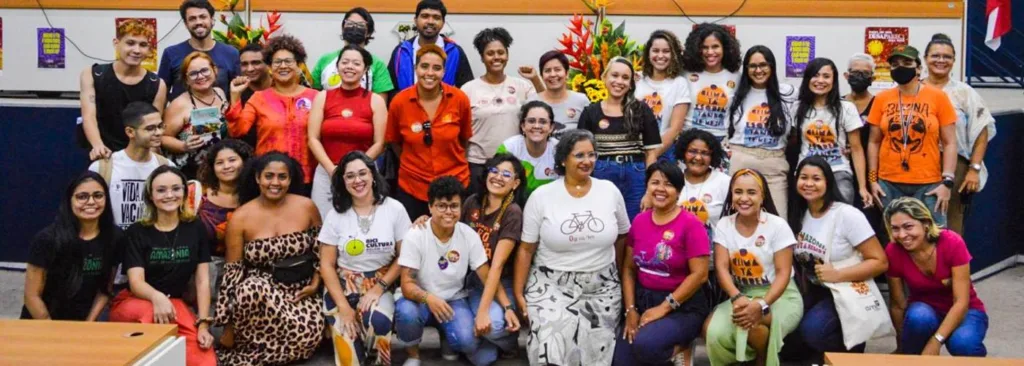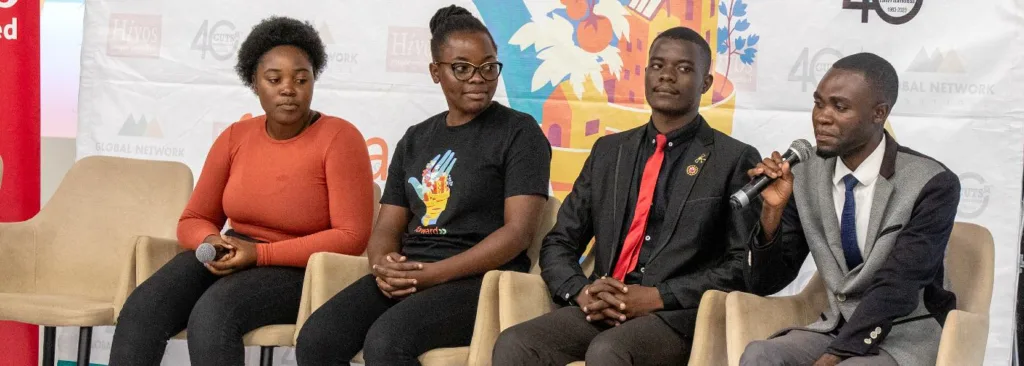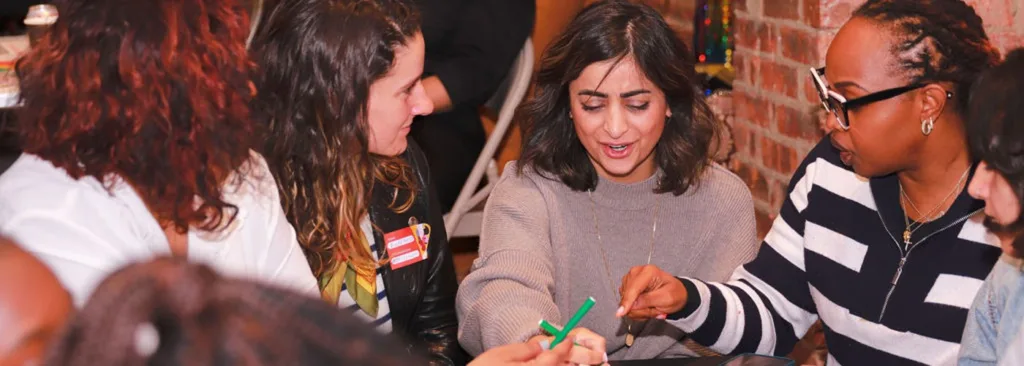One of the key challenges in working with political parties on gender equality and women’s political participation is dealing with backlash from defensive male party members who feel that their power is threatened.
In a recent townhall meeting held on 9 September 2017 with the West Bekaa Women’s Committee branch of the Lebanese Kataeb party, Hivos partner the Lebanese Association for Democratic Elections (LADE) faced a heated debate on the issue of women in political life. LADE discussed the new election law and women’s political participation with an audience of around 70 people gathered at the Khreizat Hotel in the West Bekaa district.
Using evidence from the gendered-based election monitoring report on the 2016 municipal elections and the Hivos baseline study on women in Lebanese politics, LADE spoke about the obstacles and discrimination women face when attempting to climb up political ladder. The aim of this series of townhall meetings being held all over Lebanon is to encourage political parties to give more leadership positions to women.
The response from some men in the audience was statements such as “women should get their act together” and “men need to ask for their own rights”, exposing a need to maintain their perceived hierarchy over women. There was a clear refusal to change the power distribution and give more leadership positions to women.
On the women’s quota, several men declared it an injustice to women, claiming that it was shameful and restrictive.
Lebanese women know that internal party systems work against them
Female party members reacted very differently. Intelligent and passionate, they supported the women’s quota as motivation for them to run as candidates for their parties.
They understood that the patriarchal system inside their parties worked against them. They spoke of male members’ disinterest in matters concerning women. Male colleagues never attended workshops or events that tackled women’s issues, and male politicians never involves them in important events.
The effects of household chores on a women’s political career were also discussed. Female party members in the audience spoke about how being the prime care-giver in their families constrained their ability and time to build political careers. Most women active in the party were either over 50 or under 30, as these two age groups had the most time and money to invest in political careers.
Women party activists were aware of the obstacles that impeded their political activity, and were not afraid to speak up and denounce the discrimination against them. Several were especially articulate and confident – both characteristics of good leaders. Hopefully the debate on gender equality that was sparked during this meeting will continue inside the party.
Women need less capacity-building and more access to opportunities
The lesson learnt during this townhall meeting is that women in parties do not need their capacities or their self-confidence built. Even when parties have highly-qualified women willing and able to take up responsibilities and decision-making roles, the opportunities are closed off to them. One of the main assumptions usually made is that women in parties need training because they have less skills or abilities than men. The West Bekaa townhall meeting proved the opposite is true: women party members are as informed and and as skilled as their male counterparts, if not more so. Political office greatly interests them. But they are constantly challenged by great resistance from male colleagues and social pressure to sacrifice their political and career ambitions for the interests of family.
LADE and Hivos will continue to hold as many of these discussions across Lebanon with political parties and communities within the Women Empowered for Leadership Programme. The key issue is that we listen to women and find the best way to work with them, supporting their needs and aspirations in their parties.
© Photos reproduced with the permission of The Lebanese Association for Democratic Elections







